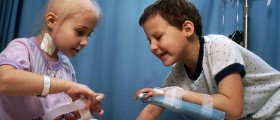
Children And Cancer: Dealing With Eminent Loss
Just like adults, children are affected with cancers. However, the way they deal with such heartbreaking news is quite different from the way adults do.

Oral Hygiene For The Cancer Patient: Looking After Your Mouth Through Chemotherapy
Cancer treatment is extremely tough on the body and affects almost every organ in it. The oral tissues are among the most affected by this treatment. Here are some protocols that should be followed before, during and after cancer treatment.

Risks factors for oesophageal cancer
As the name implies, esophageal cancer is a malignant process located on the esophagus (food pipe). There are several different subtypes of esophageal tumors but they all usually lead to dysphagia – difficulty swallowing, pain, and other symptoms.
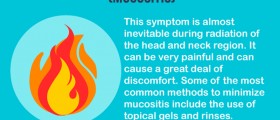
Oral Care During Cancer Treatment: How to Look After Your Mouth And Teeth
Oral Care during cancer treatment is very important and can differ greatly from routine oral care. We outline the things that patients must look out for as well as the practices they must follow to prevent dental problems from cropping up.
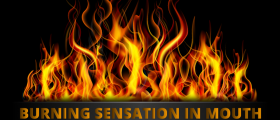
Burning Sensation In Mouth After Cancer Therapy: Medical And Alternative Treatment Options
Eating, drinking, swallowing and even talking can become difficult for cancer patients because of a burning sensation in the mouth after cancer therapy. There are plenty of treatment options as well as at home remedies that are available for this.
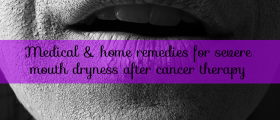
Severe Mouth Dryness After Cancer Therapy: Medical and Home Remedies
Mouth Dryness is one of the most common complaints that patients undergoing cancer treatment have. It can be very difficult to manage this condition, however, proper intervention at the right time will go a long way in minimizing its occurrence.
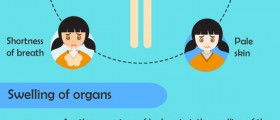
Recognizing Signs and Symptoms of Leukemia in Children
Leukemia is the most common cancer that occurs in children, and therefore it is important recognize symptoms. Many of the symptoms in children with leukemia are related to anemia, enlargement of organs, swelling of lymph nodes and thymus, and genetics.
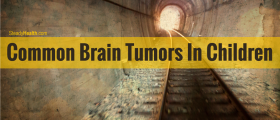
Pediatric Brain Tumors: Common Brain Tumors In Children
Pediatric brain tumours are the most common solid tumors of childhood, and comprise up to 20% of all childhood cancers. In this article, the three most common pediatric brain tumors are discussed including astrocytomas, medulloblastomas and ependymomas.
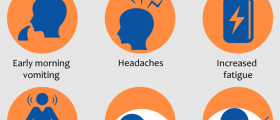
Pediatric Brain Tumors: Recognizing Early Symptoms And Signs Of Brain Tumors In Children
Brain tumors are the most common solid tumors in children and recognizing early symptoms is necessary for effective treatment. Vomiting, visual impairment, headaches, and seizures are common symptoms that could indicate the presence of a brain tumor.
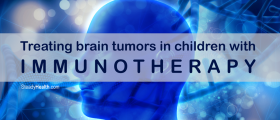
Pediatric Brain Tumors: Treating Brain Tumors In Children With Immunotherapy
Pediatric brain tumors are the most common solid cancer of childhood. Immunotherapy is a type of treatment that involves manipulating the host immune response to kill tumor cells and can improve the response of brain tumors to standard therapy.

